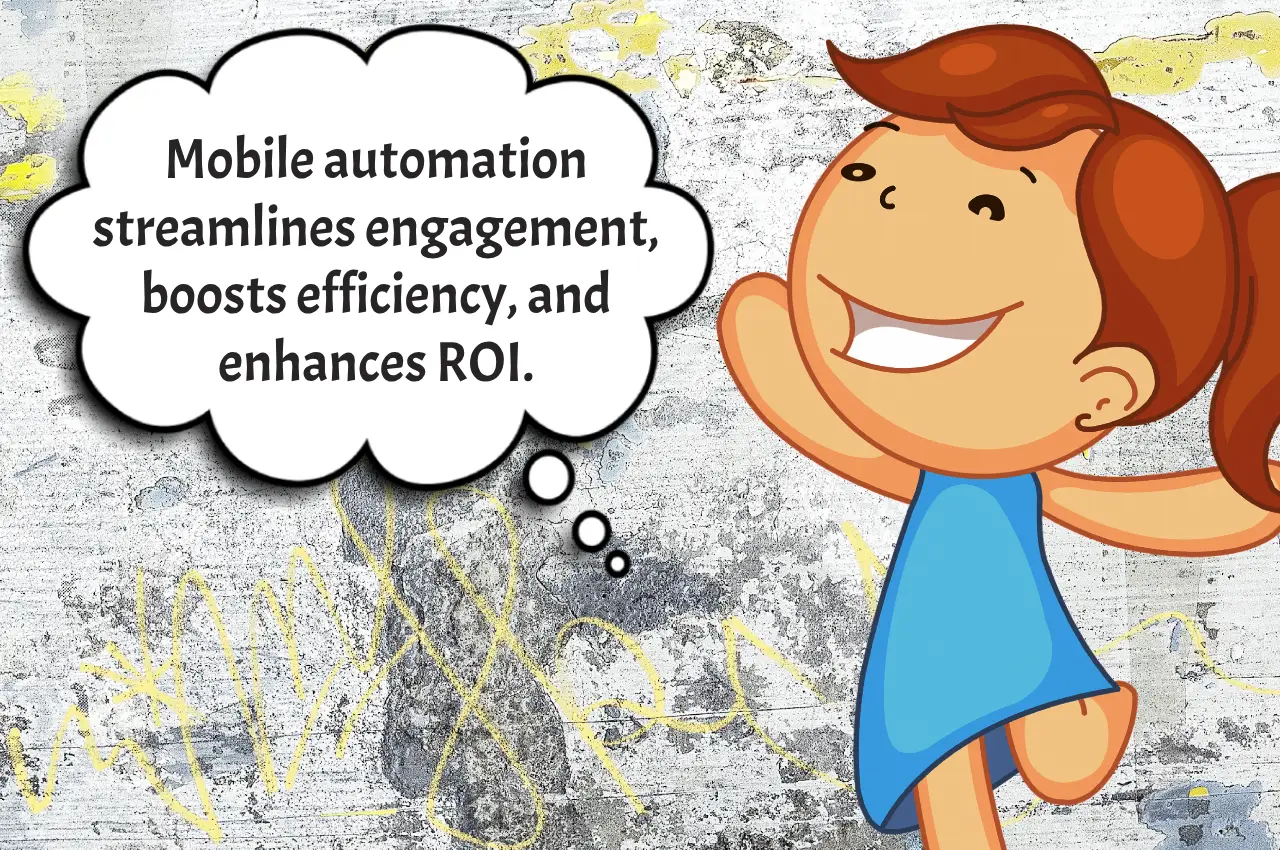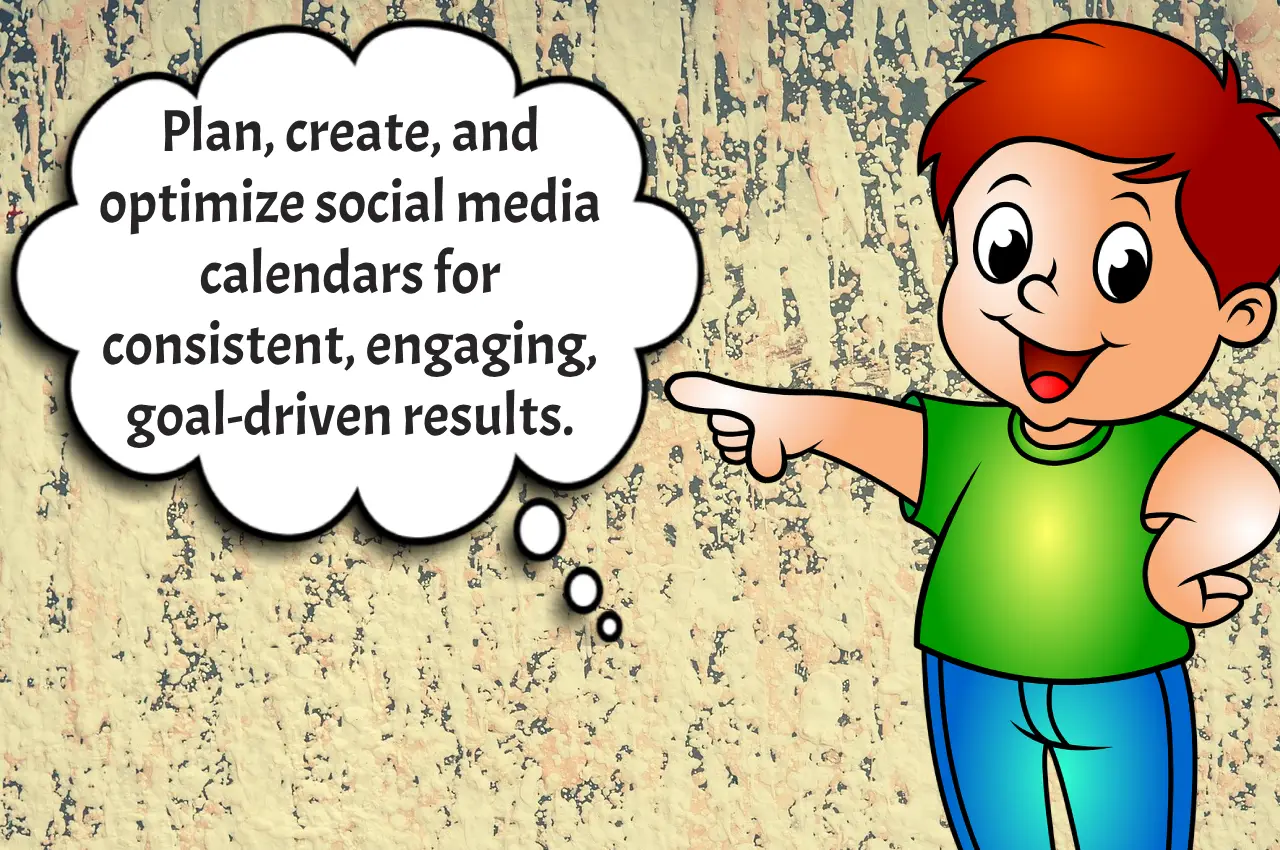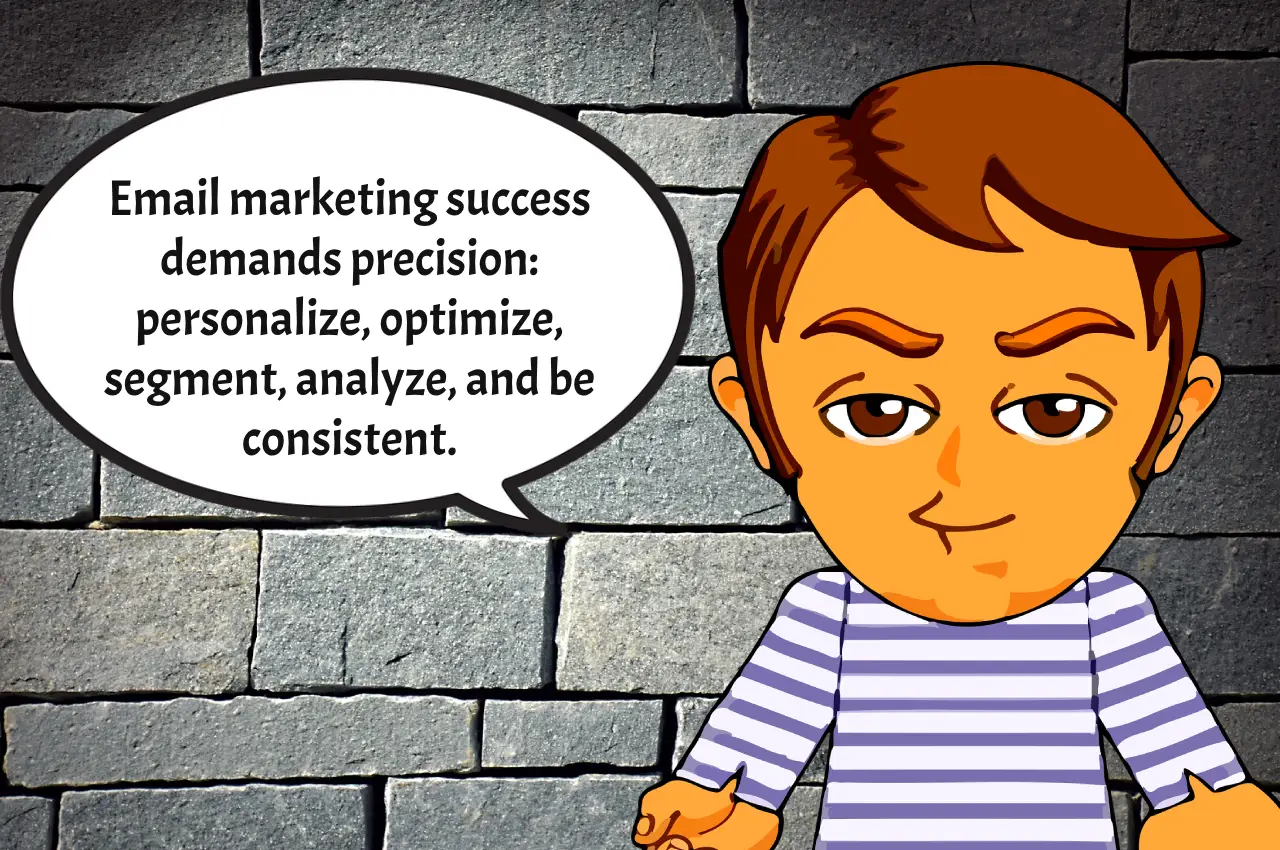Embarking on the journey to maximize your marketing efforts through mobile automation is akin to stepping into a realm of endless possibilities. As businesses navigate the dynamic landscape of digital marketing, leveraging the potential of mobile platforms has become indispensable. In this post, we delve into the intricacies of mobile marketing automation, unraveling its potential to boost efficiency and enhance ROI.
Understanding Mobile Marketing Automation
At its core, mobile marketing automation entails the use of software platforms to streamline and automate various marketing tasks and workflows across mobile channels. From personalized messaging to targeted campaigns, automation empowers marketers to engage with their audience effectively while optimizing resources.
Streamlining Customer Engagement
One of the key advantages of mobile marketing automation is its ability to streamline customer engagement processes. By leveraging automation tools, businesses can deliver personalized messages, offers, and recommendations tailored to individual preferences and behaviors. This targeted approach not only enhances user experience but also increases the likelihood of conversion.
Consider a retail app. It uses automation. It sends personalized product recommendations. These recommendations are based on past purchases and browsing history. The app analyzes user data and behavior patterns. It delivers timely and relevant notifications. This increases customer engagement. It also drives sales.
Enhancing Operational Efficiency
In addition to improving customer engagement, mobile marketing automation plays a pivotal role in enhancing operational efficiency. By automating repetitive tasks such as scheduling posts, segmenting audiences, and analyzing campaign performance, marketers can optimize their workflow and focus on strategic initiatives.
For instance, an e-commerce platform can automate the process of segmenting customers based on their purchase history and preferences. By categorizing customers into distinct segments, marketers can tailor their marketing efforts more effectively, delivering targeted promotions and content to each segment.
Personalization at Scale
While personalization is often touted as a cornerstone of effective marketing, achieving personalized experiences at scale can be a daunting task. Mobile marketing automation platforms leverage data-driven insights and segmentation strategies to personalize interactions with customers across various touchpoints. By harnessing user data such as demographics, purchase history, and browsing behavior, marketers can create hyper-targeted campaigns that resonate with individual preferences.
Omnichannel Integration
In today’s interconnected digital landscape, consumers expect a seamless experience across multiple channels and devices. Mobile marketing automation extends beyond mobile apps and encompasses other digital channels such as email, social media, and messaging platforms. By integrating omnichannel automation strategies, marketers can orchestrate cohesive campaigns that deliver consistent messaging and experiences across all touchpoints, thereby enhancing brand perception and driving engagement.
Lifecycle Marketing
Effective marketing goes beyond acquiring new customers; it involves nurturing relationships throughout the customer lifecycle. Mobile marketing automation allows marketers to implement lifecycle marketing strategies. These cater to customers at different journey stages, from awareness to advocacy. Businesses can foster long-term relationships and maximize customer lifetime value by automating personalized communications and offers based on customer lifecycle stages.
Dynamic Content Optimization
In the dynamic landscape of digital marketing, content optimization is key to capturing audience attention and driving conversions. Mobile marketing automation platforms utilize dynamic content optimization techniques to deliver tailored content experiences based on user preferences and behavior. From personalized product recommendations to dynamically generated email content, automation enables marketers to adapt and optimize content in real-time, ensuring relevance and engagement.
Behavioral Triggers and Event-Based Automation
Harnessing the power of behavioral triggers and event-based automation allows marketers to deliver timely and contextually relevant messages to users. By setting up triggers based on user actions such as app interactions, website visits, or abandoned carts, marketers can automate personalized responses and nurture leads through the customer journey. Event-based automation ensures that messages are delivered at the right moment, increasing the likelihood of conversion and engagement.
A/B Testing and Optimization
Continuous improvement is essential for maximizing the effectiveness of mobile marketing automation efforts. A/B testing enables marketers to experiment with different variables such as messaging, design, and timing. This helps identify the most effective strategies. By testing and optimizing campaigns iteratively, businesses can refine their automation workflows. This process drives incremental improvements in engagement and ROI over time.
Compliance and Privacy Considerations
In an era of heightened data privacy regulations and consumer concerns, businesses must prioritize compliance and privacy in their automation efforts. Mobile marketing automation platforms should adhere to industry best practices and regulatory requirements. This ensures that user data is handled responsibly and ethically. By maintaining transparency and offering opt-in/opt-out mechanisms, businesses can build trust with their audience. Additionally, this approach helps mitigate the risk of regulatory penalties.
Measuring and Analyzing Performance
An integral aspect of any marketing strategy is the ability to measure and analyze performance metrics effectively. Mobile marketing automation platforms offer robust analytics tools that provide insights into campaign performance, user engagement, and conversion rates. By tracking key performance indicators (KPIs) in real-time, marketers can make data-driven decisions and refine their strategies for optimal results.
A mobile app developer can use automation to track user interactions within the app. These interactions include app opens, in-app purchases, and user retention rates. By analyzing these metrics, developers can identify areas for improvement. They can then implement strategies to enhance user experience and drive app adoption.
The Role of AI in Mobile Marketing Automation
Artificial intelligence (AI) plays a pivotal role in powering mobile marketing automation, enabling marketers to leverage advanced algorithms and machine learning techniques to optimize their campaigns. From predictive analytics to behavioral targeting, AI-driven automation empowers marketers to deliver highly personalized and relevant experiences to their audience.
Consider a travel app that utilizes AI algorithms to analyze user preferences and booking patterns. By leveraging predictive analytics, the app can anticipate travel plans and preferences, enabling marketers to deliver targeted offers and recommendations to users, thereby increasing conversion rates and revenue.
Key Considerations for Implementing Mobile Marketing Automation
While mobile marketing automation offers numerous benefits, it is essential for businesses to approach implementation strategically. Here are some key considerations to keep in mind:
Define clear objectives: Clearly define your marketing objectives and goals to ensure that your automation strategy aligns with your business objectives.
Understand your audience: Invest time in understanding your target audience’s preferences, behaviors, and pain points to tailor your marketing efforts effectively.
Choose the right tools: Select automation platforms and tools that align with your business needs and objectives, ensuring scalability and flexibility.
Test and optimize: Continuously test and optimize your automation workflows to improve performance and ROI over time.
Conclusion
Mobile marketing automation offers a powerful means of enhancing efficiency and driving ROI in today’s digital landscape. By leveraging automation tools and AI-driven technologies, businesses can streamline customer engagement, enhance operational efficiency, and unlock new opportunities for growth. As the mobile marketing landscape continues to evolve, embracing automation will be key to staying ahead of the curve.





